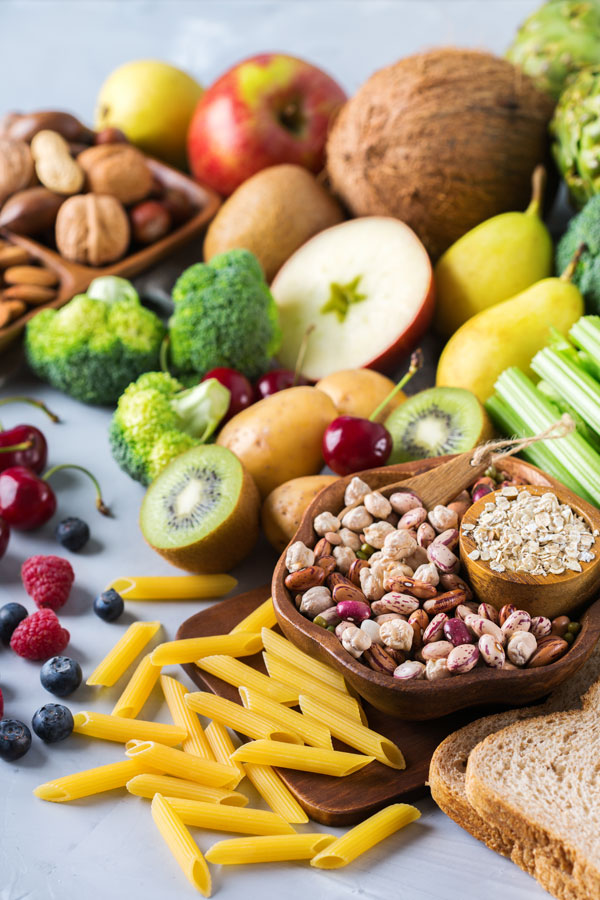According to a new report from the World Health Organisation, in spite of incredible advances in treatment, cancer cases will increase by 57% globally throughout the next 20 years.
By embracing an enhanced weight loss and nutrition strategy, managing stress, avoiding smoking cigarettes and undertaking routine exercise, 374,000 new cases of cancer could be prevented anually.
According to researchers from the University of Michigan and the Fred Hutchinson Cancer Research Study Centre in Seattle, the danger of passing away from cancer is decreased by 10% if each of these healthy actions are undertaken and by 61% if all actions are undertaken.
The worlds leading cause of cancer deaths is smoking tobacco. On average, cigarette smokers try to quit smoking 8 to ten times before successfully quitting for good. A diet plan which includes a lot of red and processed meat items increases the threat of colon cancer by 28%. Sugars, syrups and refined flours can increase inflammation and cancer-feeding glucose levels. By consuming excess alcohol, you raise the threat for cancers of the mouth, colon, breast and liver.
To increase immunity and keep your gut bacteria in cancer – fighting mode, consume plenty of food filled with fibre such as vegetables, fruit and whole grains. These also produce phytochemicals that protect your DNA and calm inflammation. More information about this can be discovered in “Cancer Uncensored, Your Step-by-Step Guide to Cancer Prevention, Early Detection and Cancer Survival” by CEO of Medical, Health and Education Ltd.
By eating whole grains and fresh fruit and vegetables, you will acquire cancer fighters like lutein from tomatoes, anthocyanins from raspberries and blueberries, indoles from cabbage and broccoli and lignans and phenolics in whole grains.
The odds for cancers of the pancreas, gallbladder, esophagus, breast and colon are increased if you carry extra weight, particularly around your waist. Foods advised to assist lose the additional pounds at your waist are fibre rich 100% whole grains, non fried fish rich in omega-3 and omega-7 fatty acids, vegetables, avocados, walnuts and almonds.
To also assist with weight reduction and to prevent your body’s over production of cancer fuelling compounds like prostaglandins, insulin and some hormonal agents, carry out a minimum of thirty minutes daily activity.
For more health and nutrition information about wellbeing and longevity, go to www.mhe.ltd/health-and-nutrition/. Medical, Health and Education Ltd specialise in everything from On-site Drug Tests, Covid-19 screening and Occupational Health to Health & Nutrition and Medical Diagnostic Tests.


